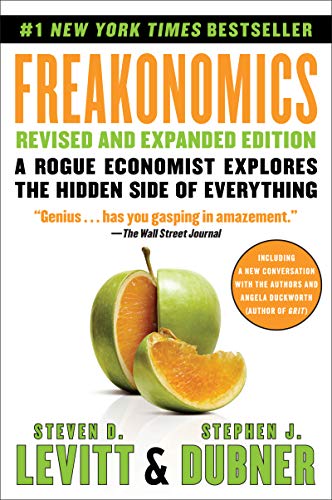How Children Succeed
Think you might want to read this book?
What if the educational emphasis on cognition and ability was all a mistake? What if we focused on developing persistence, self-control, and curiosity instead of cognitive skills? In How Children Succeed, Paul Tough argues that teaching soft skills might be more important than the traditional educational curriculum. The reader is taken down the road of childhood trauma impact, the KIPP school model, positive psychology, and the benefits of playing chess. By the end of the book, you are more likely to care about students feeling empathy for one another than them knowing their times tables.
What Would Socrates Ask?
What if early elementary was focused on self-regulation instead of academics?
What if students were allowed to set their own learning goals: like grades to strive for or the month/year they want to complete their coursework and graduate?
What if students determined their own objectives and goals for each unit?
What if instead of a report card at intervals in the year, students were instead evaluated on a “Growth Chart” which was updated in real-time?
How does the impact of confirmation bias affect the way we learn?
What if we eliminated all percentile goals for student growth (as it distorts individual learning)?
Research
The GED has become a test that separates bright but nonpersistent and undisciplined dropouts from other dropouts.
There is a correlation between the number of adverse childhood experiences to the number of illnesses and trauma that one will experience as an adult.
… when kindergarten teachers are surveyed about their students, they say that the biggest problem they face is not children who don’t know their letters and numbers; it is kids who don’t know how to manage their tempers or calm themselves down after a provocation.
… it is in adolescence that the damage that stress inflicts on us can lead to the most serious and long-lasting problems.
… early parental care predicted which students would graduate even more reliably than IQ or achievement test scores.
There are strong correlations between self-control and positive outcomes.
… with the right kind of intervention, students can be switched from a fixed mindset to a growth mindset, and their academic results tend to rise as a result.
Standardized-test scores were predicted by scores on pure IQ tests and GPAs are predicted by scores on tests of self-control.
Concepts
Cognitive hypothesis- the belief, rarely expressed aloud but commonly held nonetheless, that success today depends primarily on cognitive skills.
Character- we should see it not as something innate and unchanging, but rather a set of abilities or strengths that are very much changeable.
SLANT- Sit up, Listen, Ask questions, Nod, and Track the speaker- a strategy taught at KIPP
“Mental contrasting”- simultaneously concentrating on a positive outcome and the obstacles in the way. Doing so allows us to overcome the obstacles and achieve a positive outcome.
Fixed vs. growth mindset- the idea from Carol Dweck that we need to be careful with promoting a fixed mindset in children. Teaching children that learning is about growth (trying new things, failing and trying again, etc.) is a healthier way to view learning.
“Flow”- Mihaly Csikszentmihalyi’s term for a state of intense concentration when someone is free of distractions and totally engaged in the moment.
“Educational romanticism”- the natural tendency to think that further education is pleasant and for everyone.
“Noncognitive academic skills”- including study skills, work habits, time management, help-seeking behavior, and social/academic problem-solving skills.
Quotes from the author
Until recently, though, there has never been a serious attempt to use the tools of science to peel back the mysteries of childhood, to trace, through experiment and analysis, how the experiences of our early years connect to outcomes in adulthood. That is changing, with the efforts of this new generation of researchers.
Who succeeds and who fails? Why do some children thrive while others lose their way? And what can any of us do to steer an individual child- or a whole generation of children- away from failure and toward success?
This is the problem with trying to motivate people: No one really knows how to do it well.
… we know that character is what keeps people happy and successful and fulfilled.
Quotes from Others
“The problem, I think, is not only the schools but also the students themselves. Here’s why: learning is hard. True, learning is fun, exhilarating and gratifying- but it is also often daunting, exhausting and sometimes discouraging… . To help chronically low-performing but intelligent students, educators and parents must first recognize that character is at least as important as intellect.” - Angela Duckworth
“If you’re going to be a good teacher, you have to believe in malleable intelligence. And character is equally malleable. If you teach kids to pay attention to character, then their character will transform.” - Mike Witter (8th grade English teacher at KIPP Infinity)
“Noncognitive skills like resilience and resourcefulness and grit are highly predictive of success in college. And they can help our students compensate for some of the inequality they have faced in the education system.” - Jeff Nelson
Organizations Working on Answers
Gateways to Further Learning
Referenced books for purchase
The applicability of this book to education is ….
Resources















